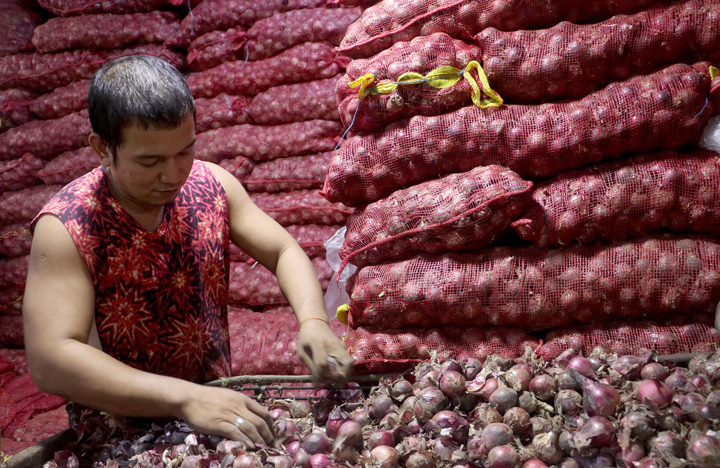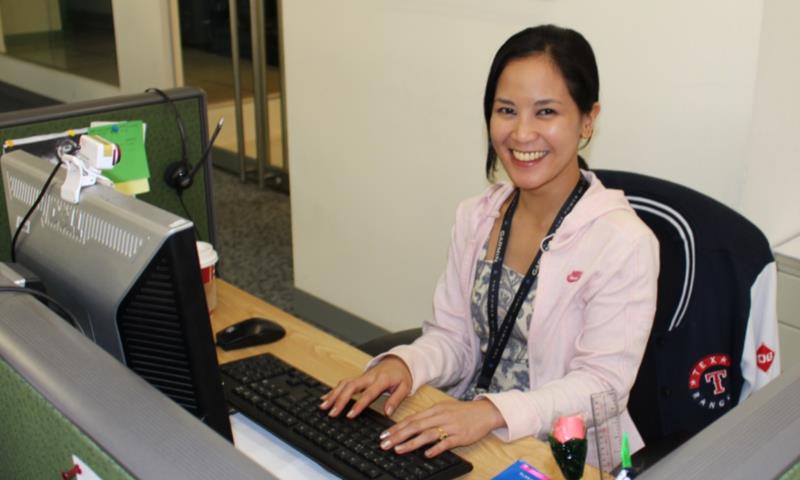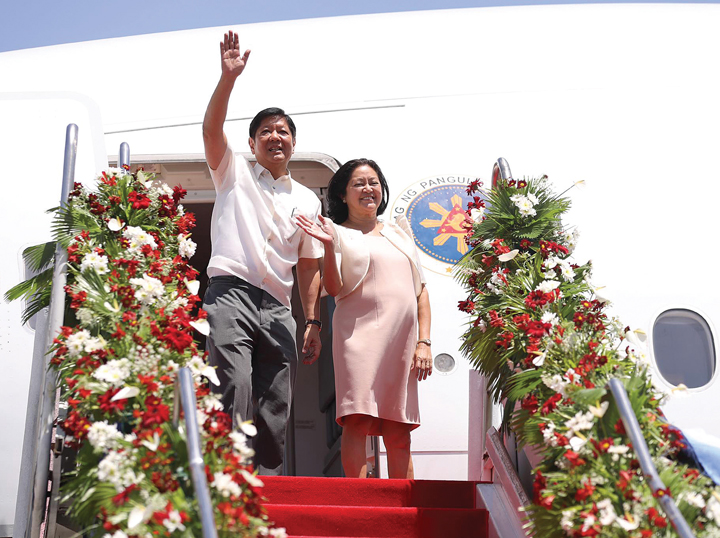EFFORTS to address discrimination and inequities in criminal justice, education, and housing must be addressed to make the Philippines more inclusive, according to a study conducted by True Global Intelligence.
True Global, FleishmanHillard’s Research and Analytics practice, found that 68 percent of respondents are familiar with diversity, equity, and inclusivity (DE&I).
The data also showed 85 percent of respondents associated DE&I with gender and national origin/market of origin.
“As highlighted in the 2022 presidential elections, gender is an important topic to the majority of Filipinos. Similarly, as seen in the election, social media is evolving to be the go-to discussion forum for all DE&I issues, evident in the comfort that exists in talking about personal, social and cultural identities,” the study stated.
The data showed 35 percent of Filipinos said discrimination in general as well as inequality in the country’s criminal justice system are the top areas to address in the Philippines.
Another 27 percent said inequities in education should be addressed, while 23 percent said housing inequities and racism and casteism in general should also be addressed.
Meanwhile, study also measured how people act on DE&I. The study classified people as allies, upstanders, bystanders, and observers.
The data showed the Philippines is one of the top 3 markets for bystanders in the Asian and the Pacific region.
Bystanders are not directly involved in the topic or issue, but have the choice to intervene, speak up or do something about it.
Based on the data, 34 percent of respondents in the Philippines, India, and Singapore are considered bystanders.
The top 3 markets for allies, who are active or have a personal commitment to fighting for DE&I causes, are Australia, India, and Thailand.
The study also showed the top 3 markets for upstanders are China, Thailand, and India. Upstanders speak or act in support of an individual or cause, particularly if it means intervening on behalf of a victim.
The top 3 markets for observers were Korea, Hong Kong, and Japan. Observers are people who observe the situation but don’t get involved.
“We saw each market have a unique distribution of DE&I personas. The majority of people in the region define themselves as bystanders or observers, but we see a significant population of upstanders and allies, especially in markets like China and India,” Michaela Wang, Deputy General Manager, Shanghai, China.
“In China, in particular, netizen culture has resulted in a large portion of the population that will stand up when they sense injustice,” she added.
The research was conducted by True Global Intelligence, FleishmanHillard’s in-house research and analytics practice, with survey fielding occurring from September 16-27, 2022.
The report is based on a survey of 5,106 people across the APAC region, including population weighted samples for Australia, China, Hong Kong S.A.R., India, Indonesia, Japan, Korea, Philippines, Singapore and Thailand.
It revealed the unique needs of each market, along with compelling data regarding emerging trends in the region, information about where people consume information about DE&I and how economic equity influences action.
Image credits: Chernetskaya | Dreamstime.com




































